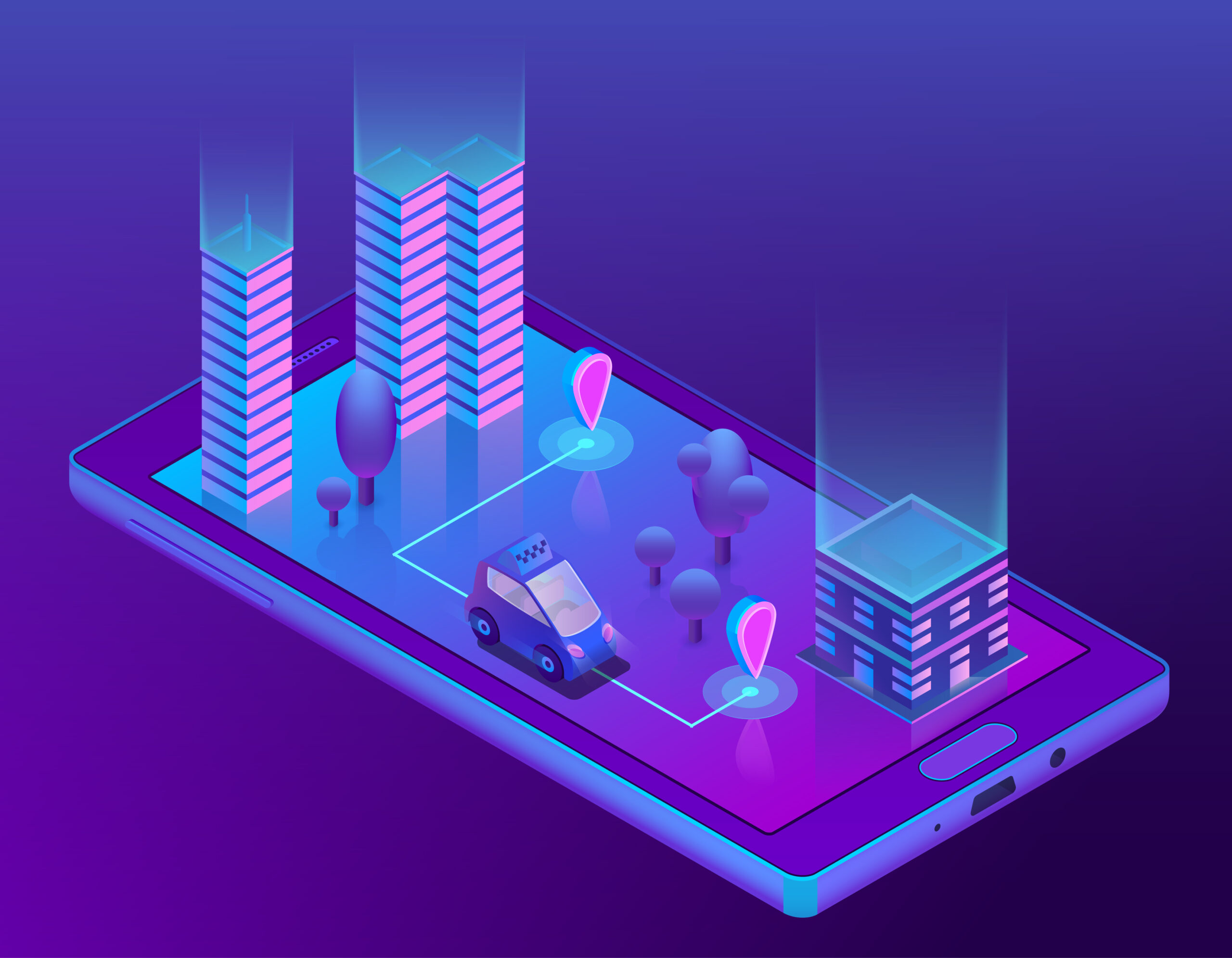Epol Soft has started the development of the Digital Smart City platform, which will serve as a unified center for data aggregation, analysis, and storage. It aims to simplify urban management, enhance interaction between residents and authorities, and make the city safer and more comfortable. You can find more information about the development goals and benefits of implementation on our blog.
From a technical perspective, the Digital Smart City platform will consist of several subsystems that ensure its functionality, ease of use, and performance.
Structural Elements of the Smart City System include:
- Unified Information Space: This includes information resources, organization portals, and personal accounts for individuals and legal entities.
- Data Storage and Processing Service, consisting of two components:
- Normative and reference information for maintaining directorie, information search, value filtering, viewing change history, access rights configuration.
- Analytics for generating reports and report forms, data visualization (tables, charts), report export.
- Functional Core: This ensures service accessibility and integration with external systems through:
- Integration bus (API) responsible for data exchange with third-party systems.
- Microservices subsystems for implementing administrative and business functions.
- Administration subsystems for managing platform components and user permissions.
- Logging all actions and events of the Smart City platform, as well as information exchange results.
- Monitoring service and device availability.
- Common System Services: These enable users to provide feedback on the platform and the quality of services delivered.
- Platform Applications: These provide users with the necessary information, including:
- City services
- Services for government authorities
- Business services
- Tourist services
- E-participation services
The Digital Smart City platform will enable:
- Developers of new Smart City services and applications to access up-to-date urban information quickly and easily.
- Residents to receive information and perform procedures through the application that previously required personal visits or the use of multiple digital tools.
- City authorities to simplify and expedite urban management processes and interaction with citizens through digitalization.
For more detailed information about Smart City projects, please visit our website.

